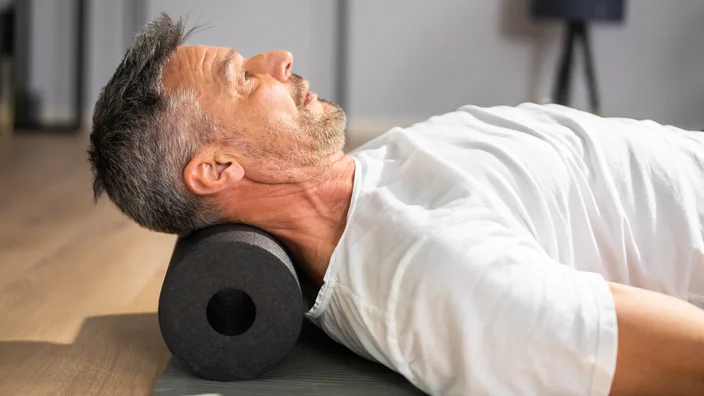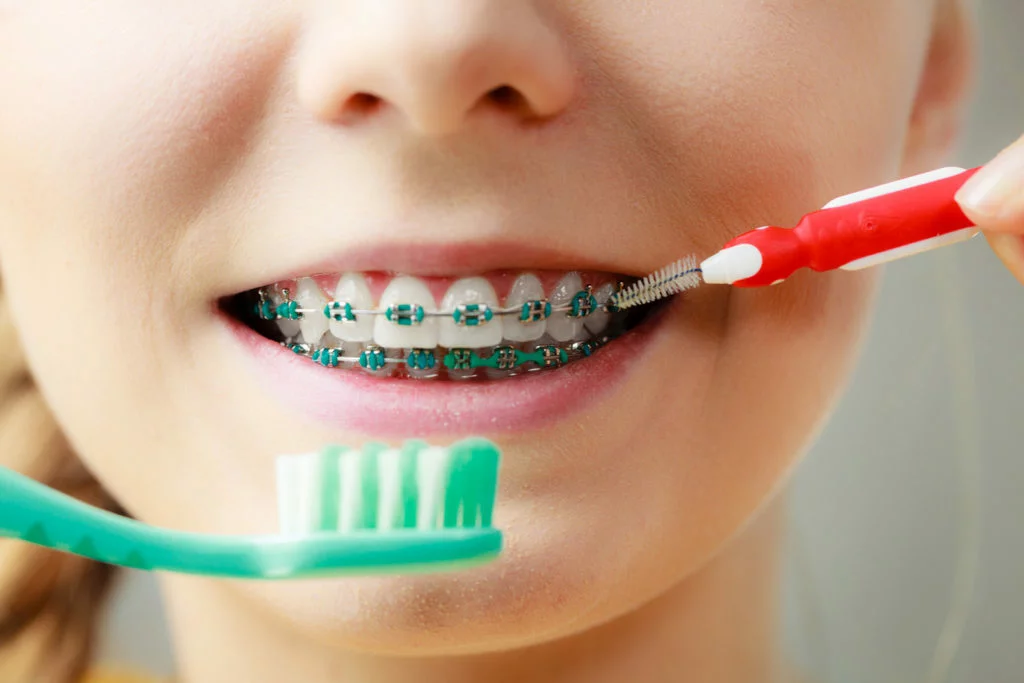Cracking Your Neck: Risks and Relieft
The act of cracking your neck, also known as cervical spine manipulation or crepitus, is a common occurrence. That satisfying pop or crack can feel like a release of tension, prompting many people to crack their necks habitually. But is this practice harmless, or are there potential risks involved? Let’s delve into the science behind neck cracking, explore the potential dangers, and discuss safe alternatives for relieving neck tension.
Understanding Neck Cracking
The cracking sound you hear when you crack your neck originates from the facet joints in your cervical spine (neck). These joints are lined with synovial fluid, which contains dissolved gases. When you stretch or twist your neck in a specific way, the pressure within the joint can rapidly decrease, causing the gases to come out of solution and form bubbles. These bubbles collapsing create the popping sound we associate with neck cracking.
Is it bad to crack your neck? The answer isn’t a simple yes or no. While some research suggests it might not be inherently harmful, there are potential risks to consider, especially if done excessively or with improper force.
Potential Risks of Neck Cracking
- Muscle strain: Cracking your neck with too much force can strain the muscles and ligaments surrounding the cervical spine. This can lead to pain, stiffness, and headaches.
- Arthritis concerns: While not a direct cause, some studies suggest that frequent neck cracking might contribute to the development of osteoarthritis in the facet joints over time.
- Nerve irritation: In rare instances, forceful neck cracking can irritate the nerves in the cervical spine, causing pain, numbness, or tingling in the arms or hands.
- Stroke risk: There’s limited evidence, but some studies suggest a very small risk of vertebral artery dissection, a tear in the lining of the vertebral artery that supplies blood to the brain. This tear could potentially lead to a stroke, though the likelihood is extremely rare.
It’s important to note that most of these risks are associated with forceful or repetitive neck cracking. Gentle self-mobilization techniques are generally considered safe for most people.
When to Avoid Cracking Your Neck
Here are some situations where it’s best to avoid cracking your neck altogether:
- If you experience any pain or discomfort after cracking your neck.
- If you have a history of neck injuries, such as whiplash.
- If you have any underlying medical conditions affecting your neck or spine.
- If you’re pregnant.
If you’re unsure whether it’s safe for you to crack your neck, consult with a healthcare professional.
Safe Alternatives for Neck Relief
If you’re looking to relieve neck tension and discomfort, here are some safer and more effective alternatives to cracking your neck:
- Stretching: Gentle neck stretches can help loosen tight muscles and improve flexibility. There are various stretches you can do at home or with the guidance of a physical therapist.
- Self-massage: Gently massaging your neck muscles can help improve circulation and alleviate tension.
- Heat therapy: Applying a warm compress to your neck can relax muscles and ease pain.
- Strengthening exercises: Strengthening the muscles that support your neck can improve posture and prevent future discomfort. A physical therapist can design a safe and effective exercise program for you.
- Maintain good posture: Practicing good posture throughout the day can significantly reduce neck strain.
- Ergonomics: Ensure your workspace is ergonomically designed to minimize neck strain while working.
FAQ on Neck Cracking
Q: Can you die from cracking your neck?
A: While extremely rare, some studies suggest a very small risk of vertebral artery dissection, which could potentially lead to a stroke. However, this is a highly uncommon occurrence.
Q: Is it addictive to crack your neck?
A: Cracking your neck can become a habitual behavior, but it’s not considered addictive in the traditional sense. The satisfaction derived from the popping sound might encourage repetition, but there’s no physical dependence involved.
Q: Is cracking your knuckles bad for you?
A: Similar to neck cracking, cracking your knuckles is generally considered harmless. The popping sound comes from the same phenomenon of gas bubbles forming and collapsing within the joints. However, excessive knuckle cracking might irritate the soft tissues around the joints, so it’s best done in moderation.
Q: Should I see a doctor if I crack my neck all the time?
A: If you’re concerned about the habit of cracking your neck or experience any pain or discomfort associated with it, consulting a doctor or physical therapist is recommended. They can assess your situation and recommend safer alternatives for relieving neck tension.




